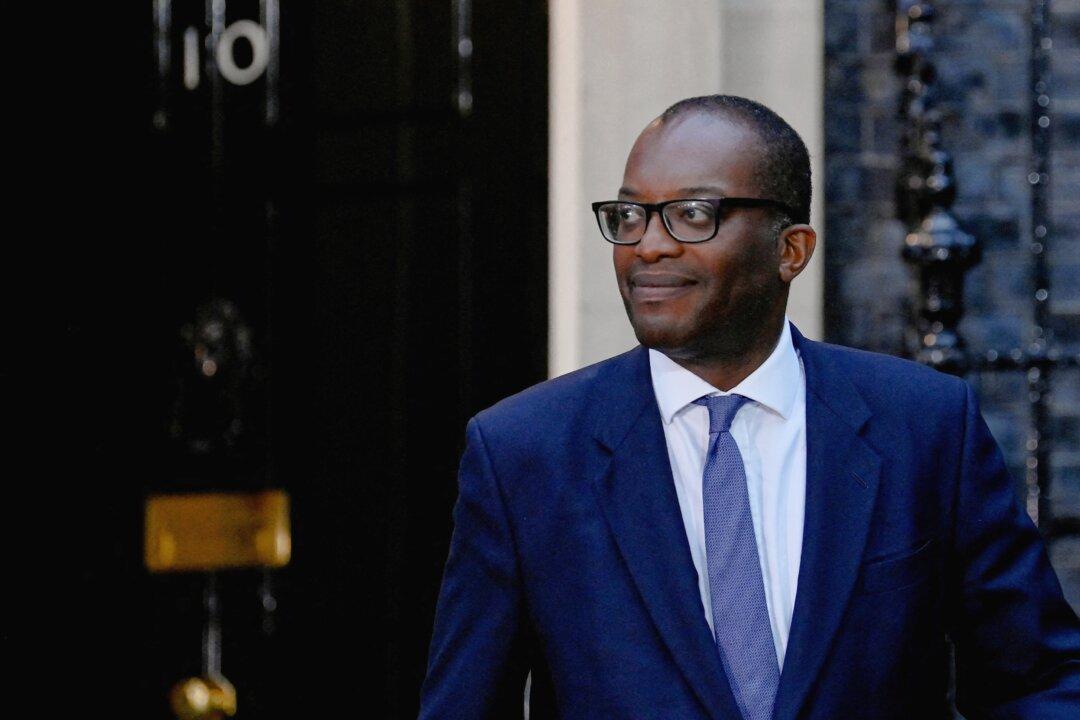The UK’s Chancellor of the Exchequer Kwasi Kwarteng has said he remains “confident” his strategy of boosting economic growth through tax cuts will work, as he seeks to reassure investors following two days of turmoil in the financial markets.
The British pound on Monday plunged by more than 4 percent to just $1.03, an all-time low, before it stabilised to about $1.08 on Tuesday.





